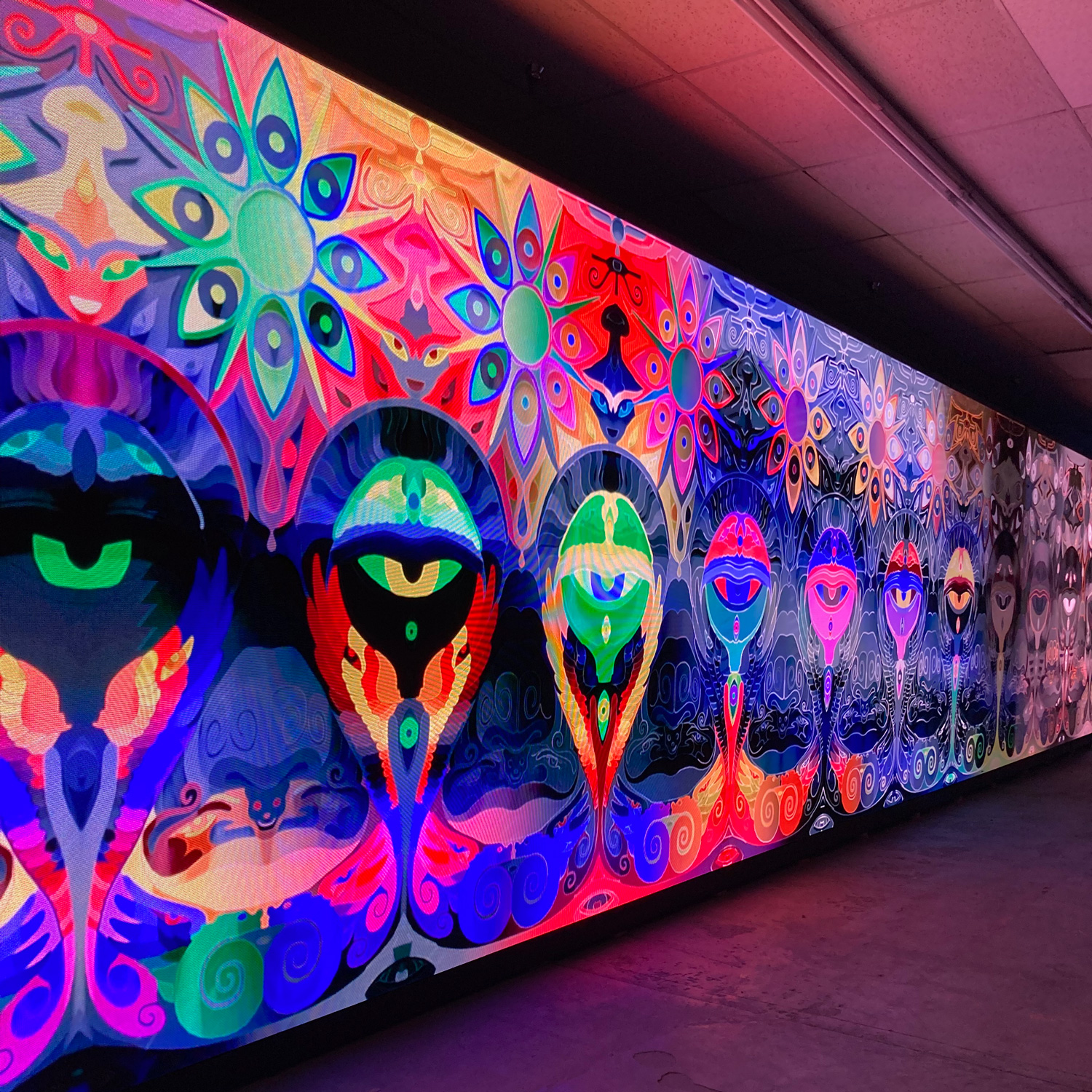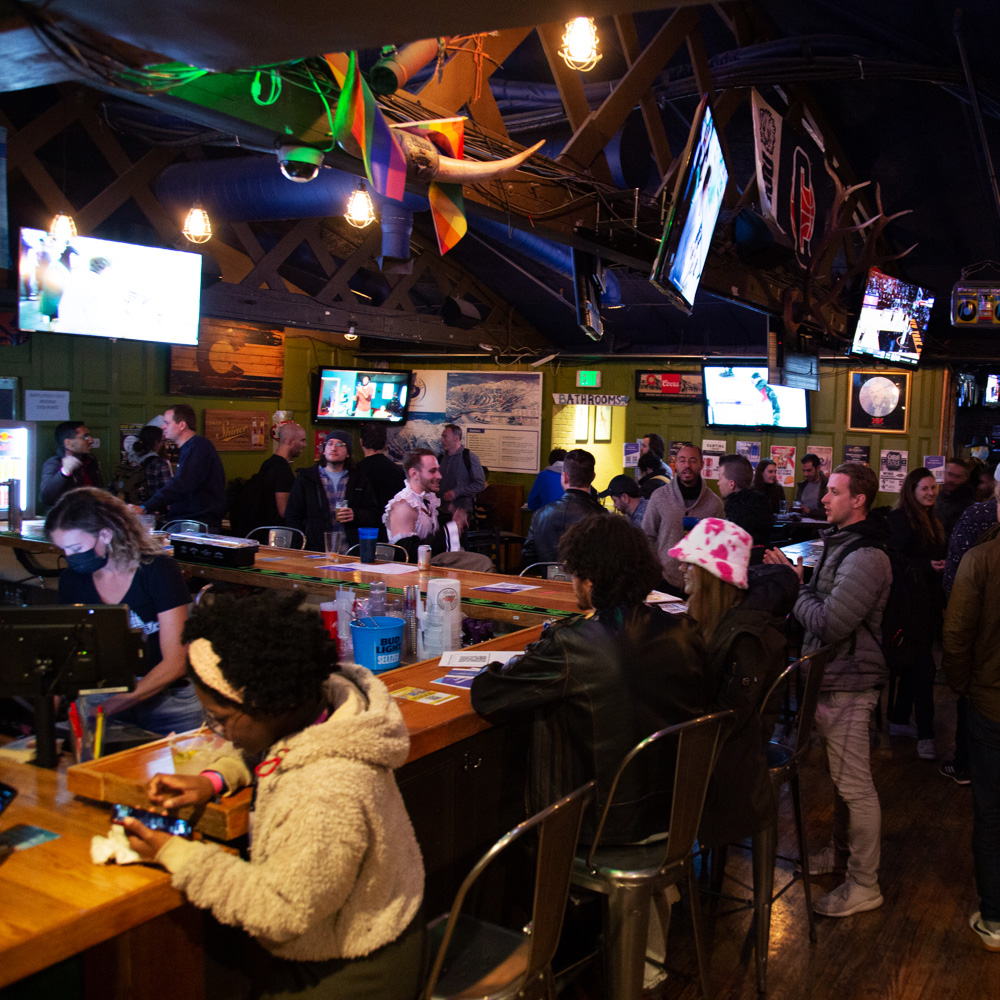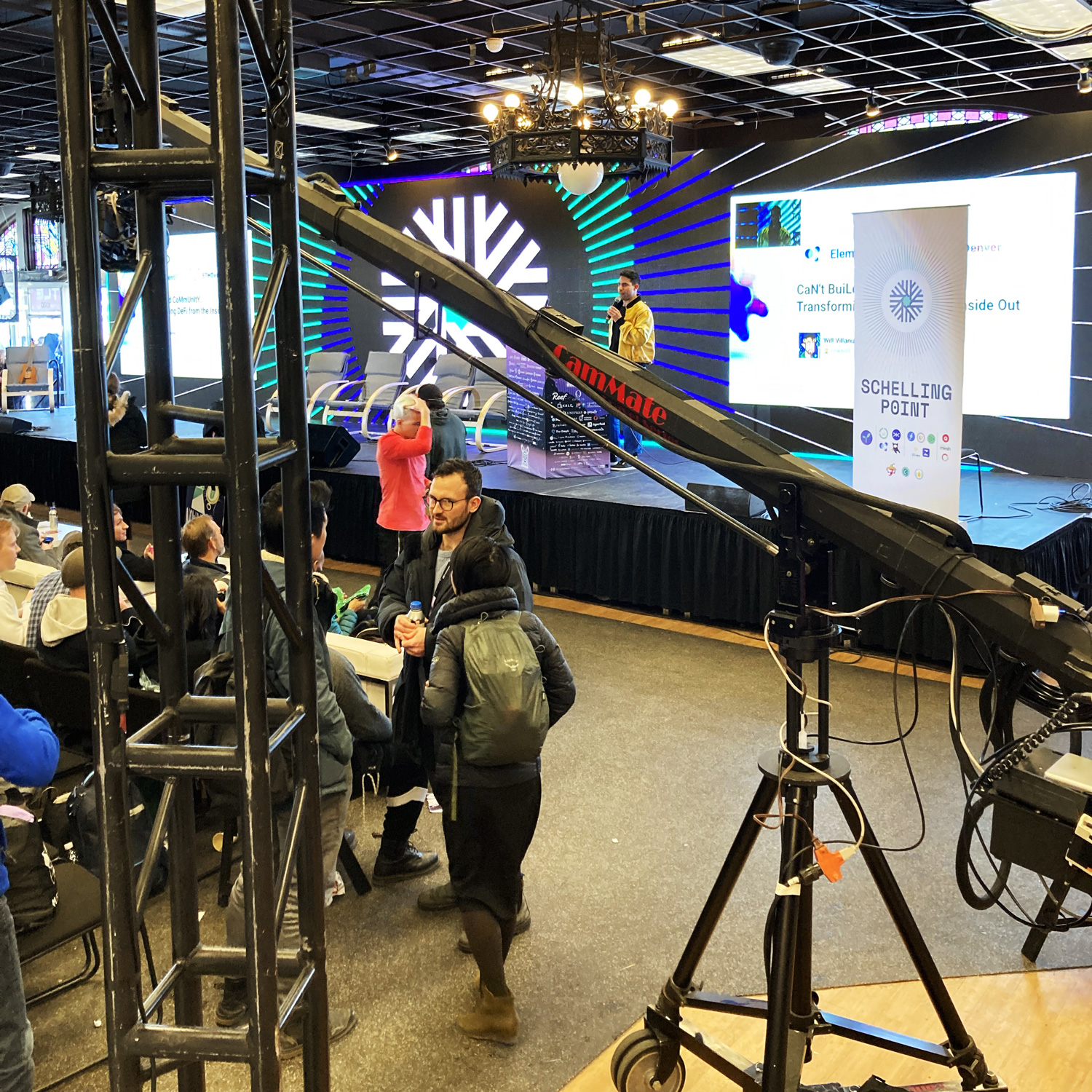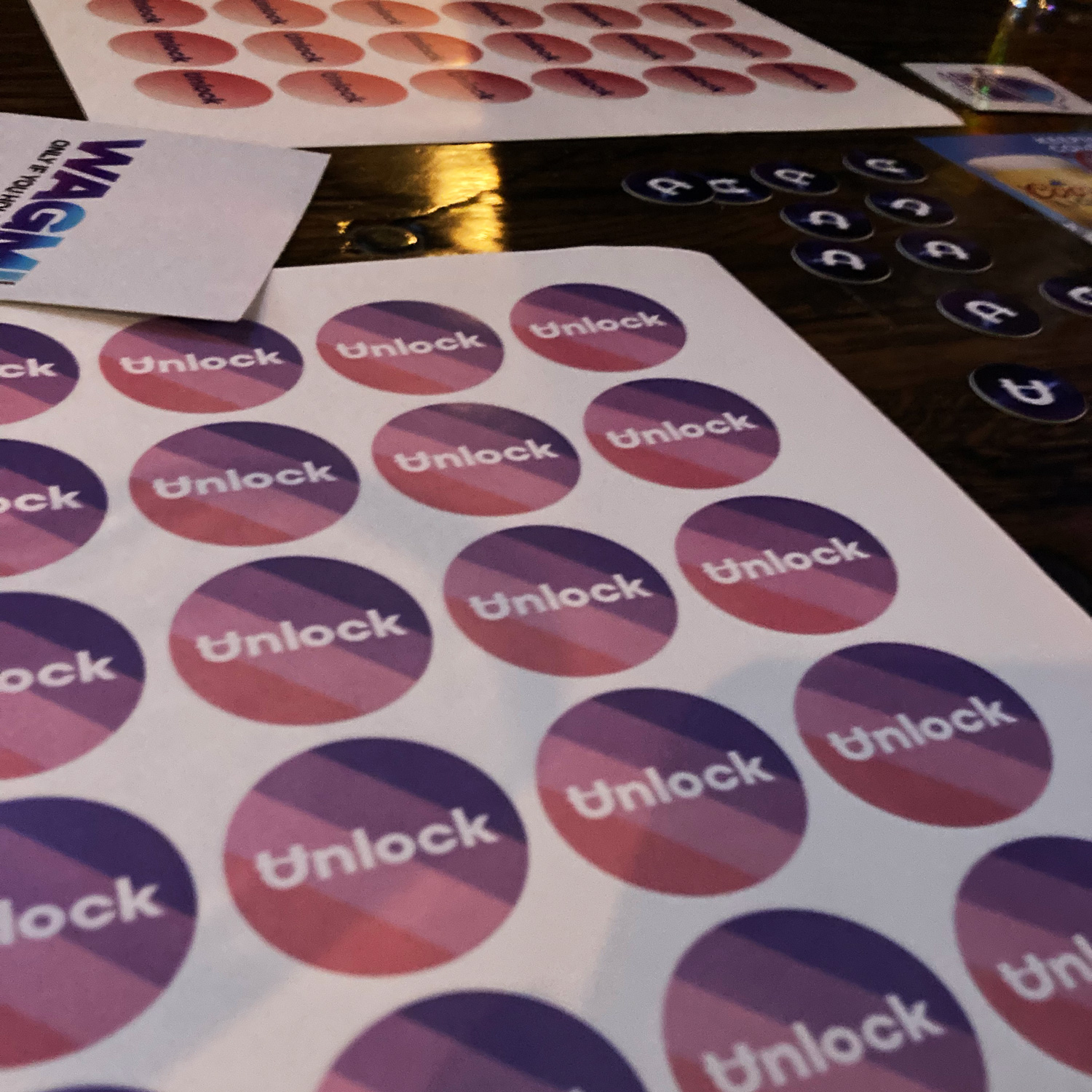ETHDenver 2022 | Exploring the Evolution of web3
Unlock recently attended ETHDenver to meet our community IRL, explore the next evolution of the web and place our fingers on the pulse of web3.

Last week, over 10,000 web3 builders, artists, creators, and enthusiasts descended upon Denver for the ETHDenver conference, and some of the Unlock crew gathered IRL and met so many of our amazing community members. This was my first ETHDenver event and I was blown away at the energy of the Ethereum community and how many powerful conversations were in the collective discourse dedicated to solving serious societal issues with technology, preparing the innovation needed to power our human journey into a more peaceful and just experience and the soft skills of community building.
We kicked off our ETHDenver adventure by throwing a happy hour with our friends at Mintgate. As fate would have it, just as our event was starting, the skies opened up and a big old beautiful snowstorm smacked right into Denver. We were blown away at how many amazing community members braved the weather to join us for drinks and powerful conversations.

Every person I spoke with had an intriguing project, either in motion or in their thought bubble, that involved membership NFTs and token gating. Seeing and hearing all the possibilities with our protocol in the hands of our community members, and getting to finally meet so many of our locksmiths IRL was a lovely way to kick off the events of the week.
Beyond Finance

Despite the snow and a never-ending stream of long lines, I was able to slip into the Schelling Point event at the very start of my first day at ETHDenver. While the venue itself was chaotic and the speakers were in the midst of that chaos, I was able to attend some talks that truly reinforced my belief in what’s possible with the technology that powers web3.
One talk that resonated was Policy Proposals for Non Dystopian Crypto Protocols by Nathan Schneider from the University of Colorado Boulder. Nathan spoke deeply, as deep as one can in 20 minutes, about governance and moving beyond blockchain as just a financial instrument. His slides placed some profound questions and premises into the community right from the start of Schelling Point.
“Build finance around communities, not speculators”
“Human Rights Fail-Safes — Like Human Rights Watch with cryptoeconomic teeth”
“What policies would a decent world run on blockchains need?”
If you are at all interested in governance and the future of decentralized community building, please take a few minutes and watch Nathan’s presentation.
Plurality
Another talk that drew me in was Glen Weyl’s presentation titled Plurality. He began by talking about the notion of public freedom and moments where “the practices of a community have the chance to set a pattern for the whole way that social life works.” He also placed some highly intellectual premises into the discourse on how we can begin to look at the different sectors of the ecosystem and avoid the mistakes made in past technological movements.
One slide that resonated explored “Ideologies of the Future: Corporate Libertarianism, Synthetic Technocracy & Digital Democracy.” He then spoke of the plurality of funding in relation to communities in the web3 ecosystem and he published a deeper blog post about this very topic the day before his talk. Take a moment to watch his presentation because there are some profound theories and concepts we should explore as we build technology and web3 communities.
The Softer Side of Community

Community building was a prominent theme for many of the speakers and adapting traditional community-building methodology from web2 for a decentralized community structure like DAOs was a common narrative of ETHDenver. As a community builder, I’m obviously biased to the importance of this topic, and I was inspired to see the speakers talking about the nuanced soft skills of holding space for community members and fostering positive environments so innovation and collaboration can occur. I repeatedly heard speakers addressing the health of the community hinging on these often immeasurable, but necessary, soft skills.
The presentation titled Coordinating Work in Web3 & Beyond by Pooja Shah had a few particularly excellent slides. The points on the slide titled “Goals for Work Organization in Web3” were particularly interesting and if you watch her presentation, this entire section is worth taking notes and applying to your organization.
“Massively scalable systems of human cooperation (unprecedented levels of scale)
That can achieve directed outcomes.
While preserving freedom, autonomy and self-direction effort.”
Her talk is relevant for managers and founders working with decentralized ecosystems, such as DAOs, and trying to build or adapt older systems of work organizational structures that will support the unique characteristics of the web3 community.
Regenerative Culture
I was particularly impressed by a presentation from Beth McCarthy called Building Regenerative Culture. I loved her talk so much I photographed almost every slide and spoke with her after the presentation. She touched on the care work of community building and addressing cultural debt in a community.
Here are my favorite points from her slides:
“What is care work? It is administrative tasks; emotional labor; listening + holding space; anticipating, mediating + resolving conflict; creating the conditions for growth and connection; understanding your people, their needs, potential, fears and incentives”
“Cultural Debt: Technical Debt for Human Systems. Cultural debt has wide-ranging ramifications that reverberate through teams and DAOs, and the products, systems, and ecosystems they create burnout, attrition, lack of diversity, poor relationships with the outside world, vulnerabilities, shoddily produced outputs.”
“Care work is hard to measure or quantify — done right, it is invisible, subsumed or soon forgotten.”
“Awakening our abundance of cultural surplus requires honoring cultural and care work, and embedding it in our systems, codes of conduct, interactions, mission statements & org charts.”
If you manage, build or have a protocol, project, or business powered by a community, please take a moment and watch Beth’s presentation.
Our Collective Narratives
What surprised me most about ETHDenver was the sheer number of speakers placing these same types of questions into our ecosystem’s collective conversations. While the context varied, many speakers put forth visions that stretched beyond tokenomics and technicalities and touched the humanity on the other side of the technology. And I was inspired to hear so many of the narratives presented on stage weaving their way through the individual conversations happening at coffeeshop, NFT art parties, community dinners, and while standing in lines. So many lines.

I believe these conversations are necessary to avoid repeating the mistakes of web2 as we build out the web3 infrastructure. We have the opportunity, as both technologists and humans, to ensure that our technology is grounded in equality and justice. And while I was already hopeful about the trajectory of this technology before my time in Denver, I now harbor even more hope and vision about what is possible because so many passionate and brilliant minds are addressing the issues of our time through such powerful and decentralized technologies.